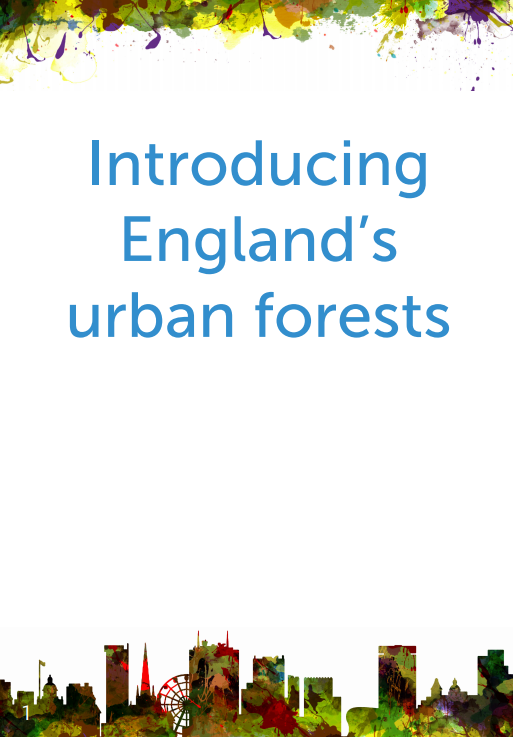Summary
Summary
Urban forests are an important source of ecosystem services in towns and cities. They improve local air quality, offer shade and cool the air, capture carbon, reduce flooding and provide food and habitat for animals, such as insects and birds. Valuing ecosystem services helps tree officers to manage urban trees, and town planners and landscape architects plan where trees can be planted for the maximum benefit.
More information is available on our Treezilla, COMMUNITREE, and Individual Tree Data Standard pages.
Status
This research is currently ongoing.
Research Objectives
Forest Research are working with platforms such as i-Tree and Treezilla to quantify and value the ecosystem service provision of urban trees. These projects include the following objectives:
- Mapping tree location and recording species, sizes and health
- Calculating the ecosystem service they provide
- Determining where more trees could be planted
- Introducing standards for individual tree data to increase data interoperability
General Content
Publications
Hand, K. and Doick, K.J. (2019) Understanding the role of urban tree management on ecosystem services. Forest Research, Farnham. 10 pp.
Hand, K., Doick, K.J. and Moss J.L. (2019) Ecosystem services delivery by large stature urban trees. Forest Research, Farnham. 28 pp.
Hand, K., Doick, K.J. and Moss J.L. (2019) Ecosystem services delivery by small and medium stature urban trees. Forest Research, Farnham. 30 pp.
Davies, H., Doick, K.J., Handley, P., O’Brien, L. and Wilson, J. (2017). Delivery of ecosystem services by urban forests. Forestry Commission Research Report.
Downloads
Funding & Partners
-
 Forestry Commission
Forestry Commission

